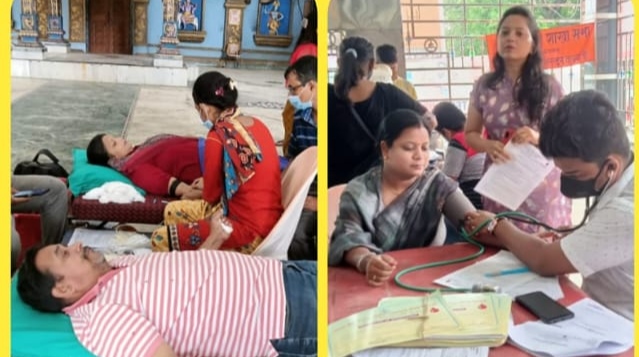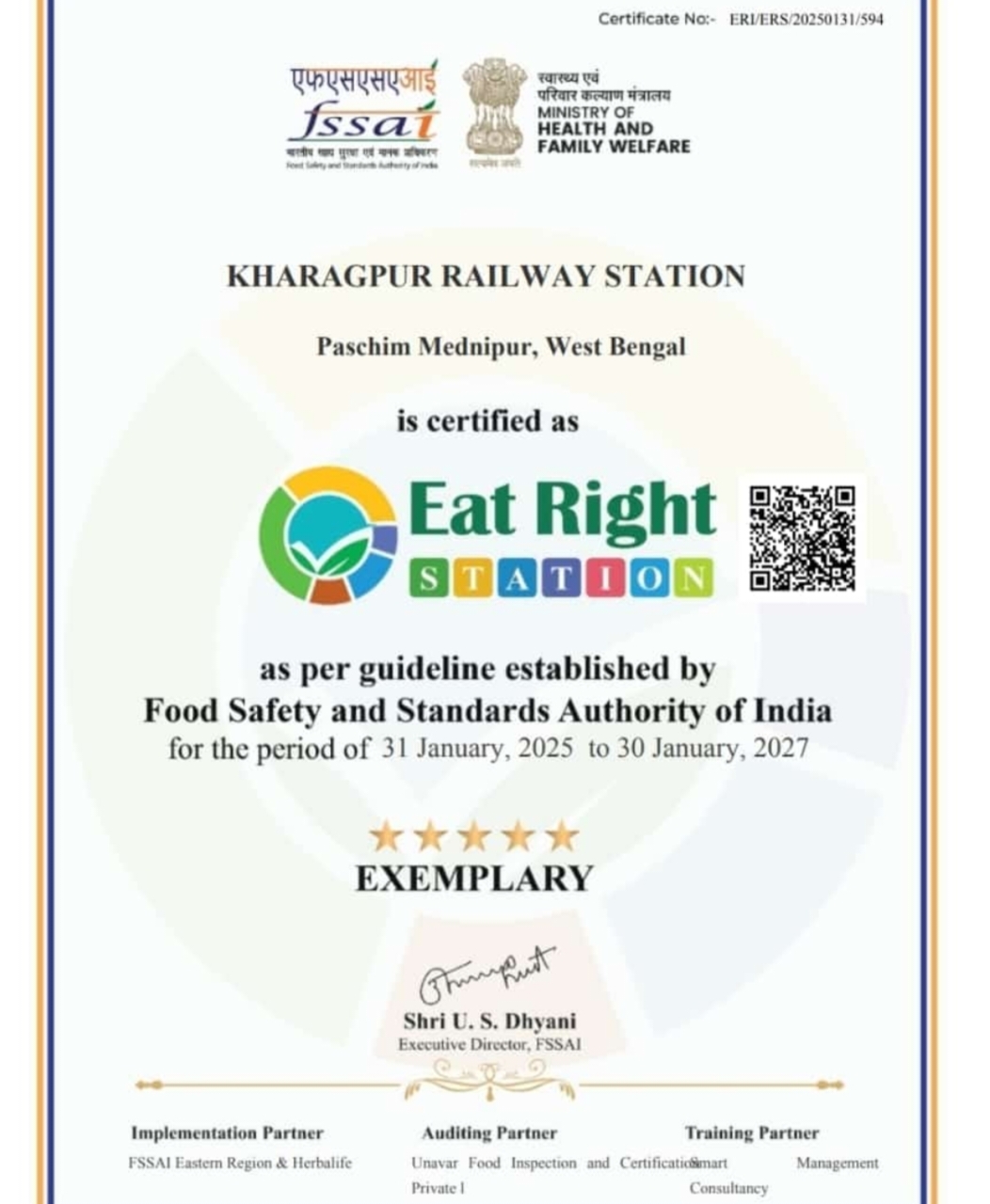






Milon Mandir Club, kharida in Ward 8 took initiative on the eve of Amphan, The people affected by the Amphan Super Cyclone were brought to the club. 100 people including children, women and old people from the slums along the railway line in ward no-8 given shelter. club gave meals to the victims. Raja mukherjee, IC Kharagpur Town Police Station supervised the cyclone shelter & praised the charity activity of club.
Relief for Amphan victims by Uddan Foundation
UDDAN FOUNDATION distributed Tiffin to 160 affected people by Super Cyclone Amphan at Andhra School and Arya Vidyapith in presence of kgp t Police personnel.


सनातन धर्म प्रचार मंच ने अंफान पीड़ितों का किया सहयोग
खड़गपुर। खड़गपुर नगरपालिका के वार्ड 09 और 17 में अम्फान संकट काल घरों के क्षतिग्रस्त हुए लोगों के रहने व भोजन सनातन धर्म प्रचार मंच की ओर से किया गया जिसमें सुरेश पांडेय व अजय शर्मा ने विशेष सहयोग किया।








Leave a Reply